- Learning time
- 20 minutes
- First play time
- 80 minutes
Aristocracy
Designed by: Reiner Knizia
Aristocracy has a vague theme based around players uniting the lands by pretending to be noble-folk, but really, the theme is paper-thin and the fun of the game is the puzzling, tile-flipping and tiny moments of joy and despair. The game begins with the various tile shuffled and placed face-down on the eight areas of the board, with the fish tokens on their allotted places. Then it’s a simple matter of, on your turn, flipping three tiles face-up: any tiles you like.
After that, you choose a type of tile, and take/activate all face-up tiles of that type – including those flipped in previous turns, if they’ve not yet been claimed. Mechanically, that’s the entire game. Strategically however, there’s obviously a little more to consider, starting with which tiles you choose to take.
Some tiles are resources: you take them off the board and they will score in sets at the end of the game. Some let you place buildings on them, which score for both groupings (in a particular area) and diversity (in all areas) and making connections between areas. And some – the king and queen tiles – let you place buildings in empty spots on the board (where tiles have been removed as resources) in order to realise these scoring opportunities (also, the fish tokens function as wild resources, and are claimed when you place a building next to them). The king and queen tiles function as a game timer: when taken, they’re added to tracks at the side of the board, and when the tracks are full, the game will end.
That is more or less it, although the description above doesn’t fully illustrate the wails of indignation where you really want to turn over a king but get a sheep instead.
The guru's verdict
-
Take That!
Take That!
Nothing too confrontational, but you can be trying to establish connections between areas and find yourself blocked off. Keeping an eye on what other players are hoping to get should also be a factor in your decisions!
-
Fidget Factor!
Fidget Factor!
Low to moderate. Aristocracy is a puzzle game, really, and the theme is by the by. But it moves reasonably quickly...
-
Brain Burn!
Brain Burn!
...because it's one of those games that functions kind of like a living scoring system, where your turn-by-turn experience is maximising what is- or what appears to be - the best option for you. Or the worst for someone else. Hopefully both.
-
Again Again!
Again Again!
Tile set-up is random and the other variables come from the not-inconsiderable player decisions.

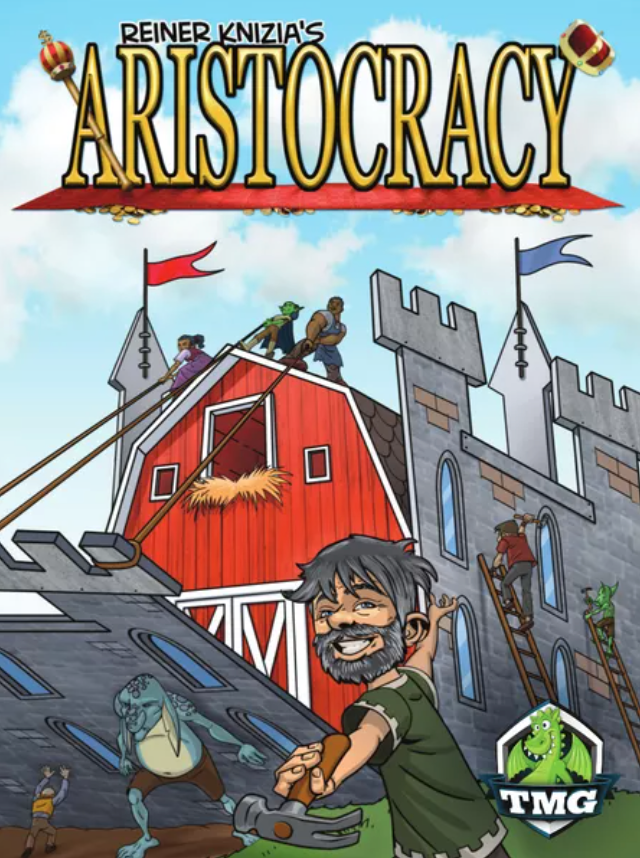
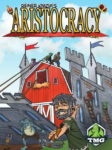
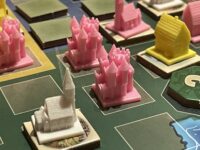
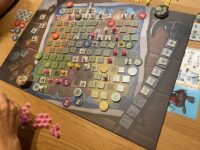
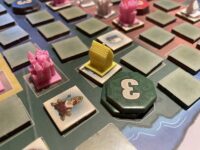
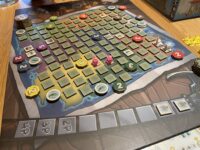


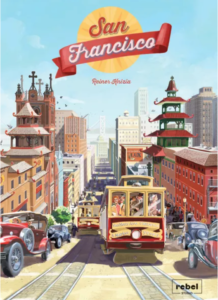
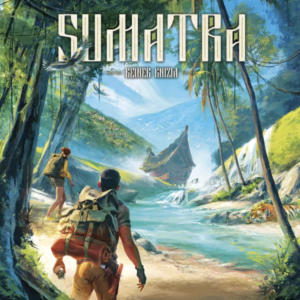

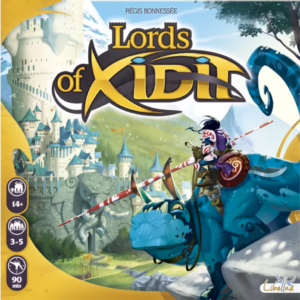
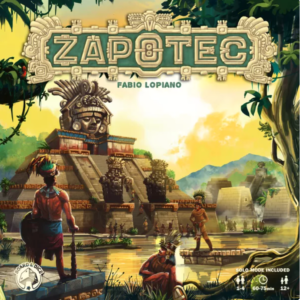
Sam says
A nice combination of simple mechanics and various overlapping ways to score, with a turn-by-turn micro-drama of the tile-flipping. Aristocracy plays reasonably fast and is reasonably short-winded. The down-sides are the slightly fiddly set-up - a large number of tiles to turn face-down, shuffle, then place into position - and more pertinently, the readability of the board: in the late-game especially, each turn is accompanied by moments of scrutinising and double-checking that slightly detract from the overall fun. So not one I get overly enthused about, but it is fun, and I wouldn't turn down a chance to play it again.